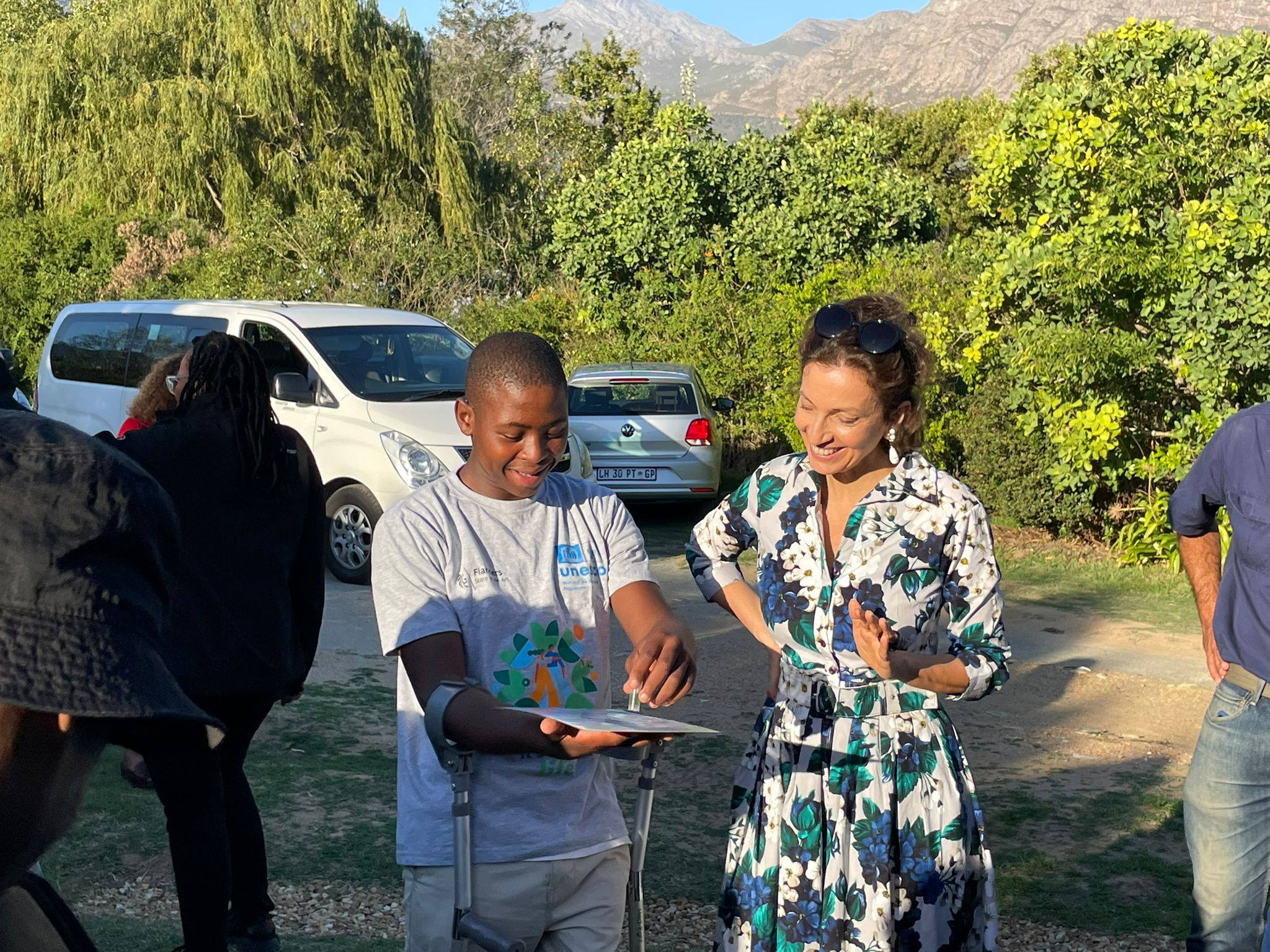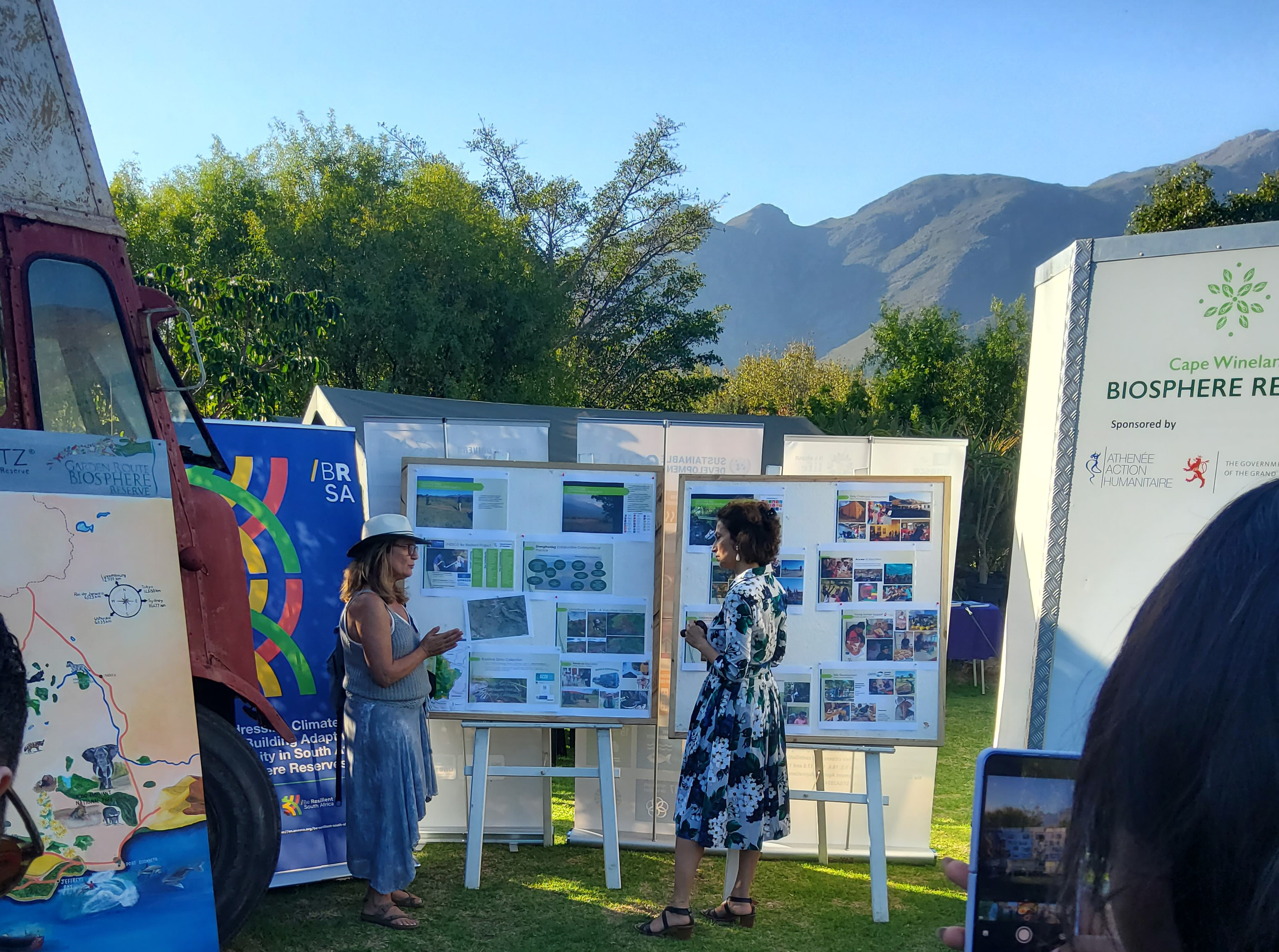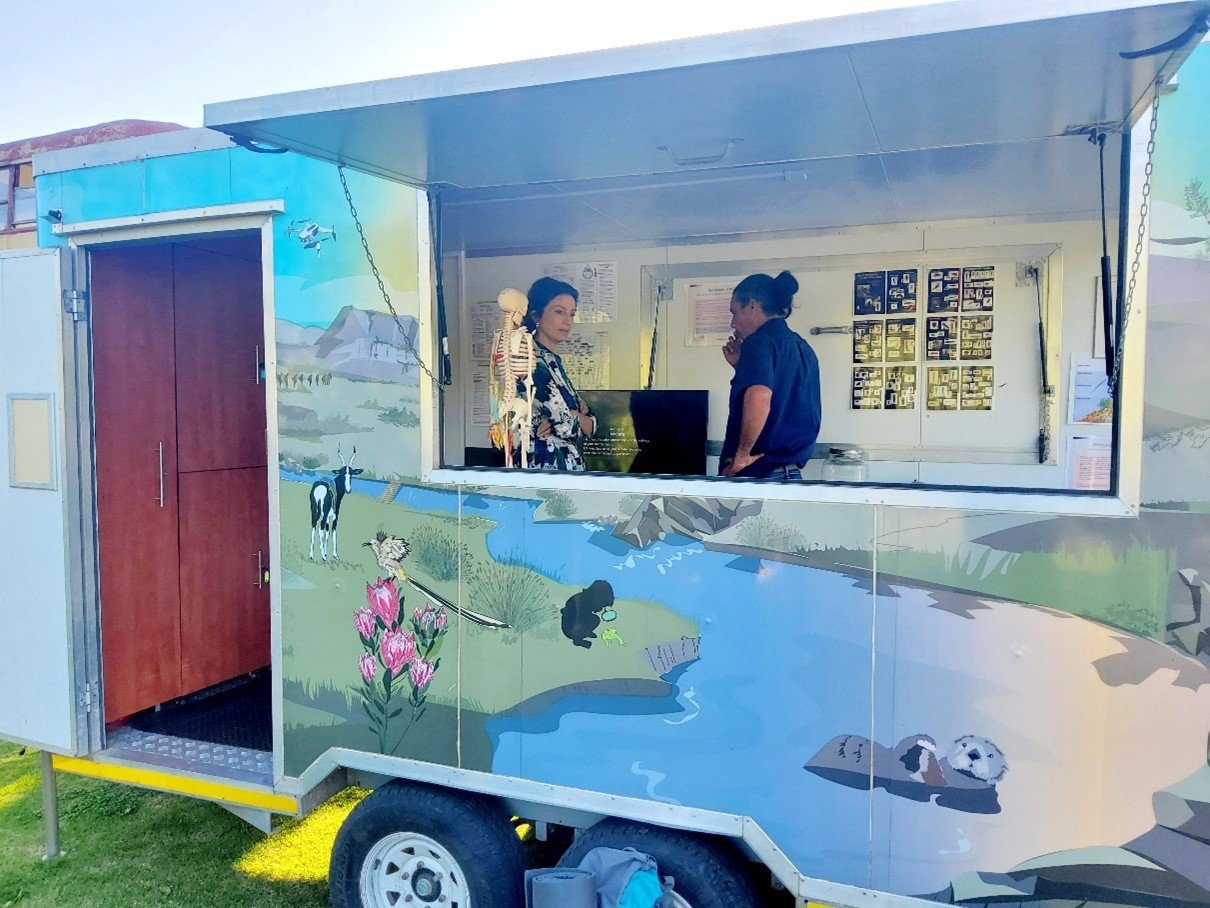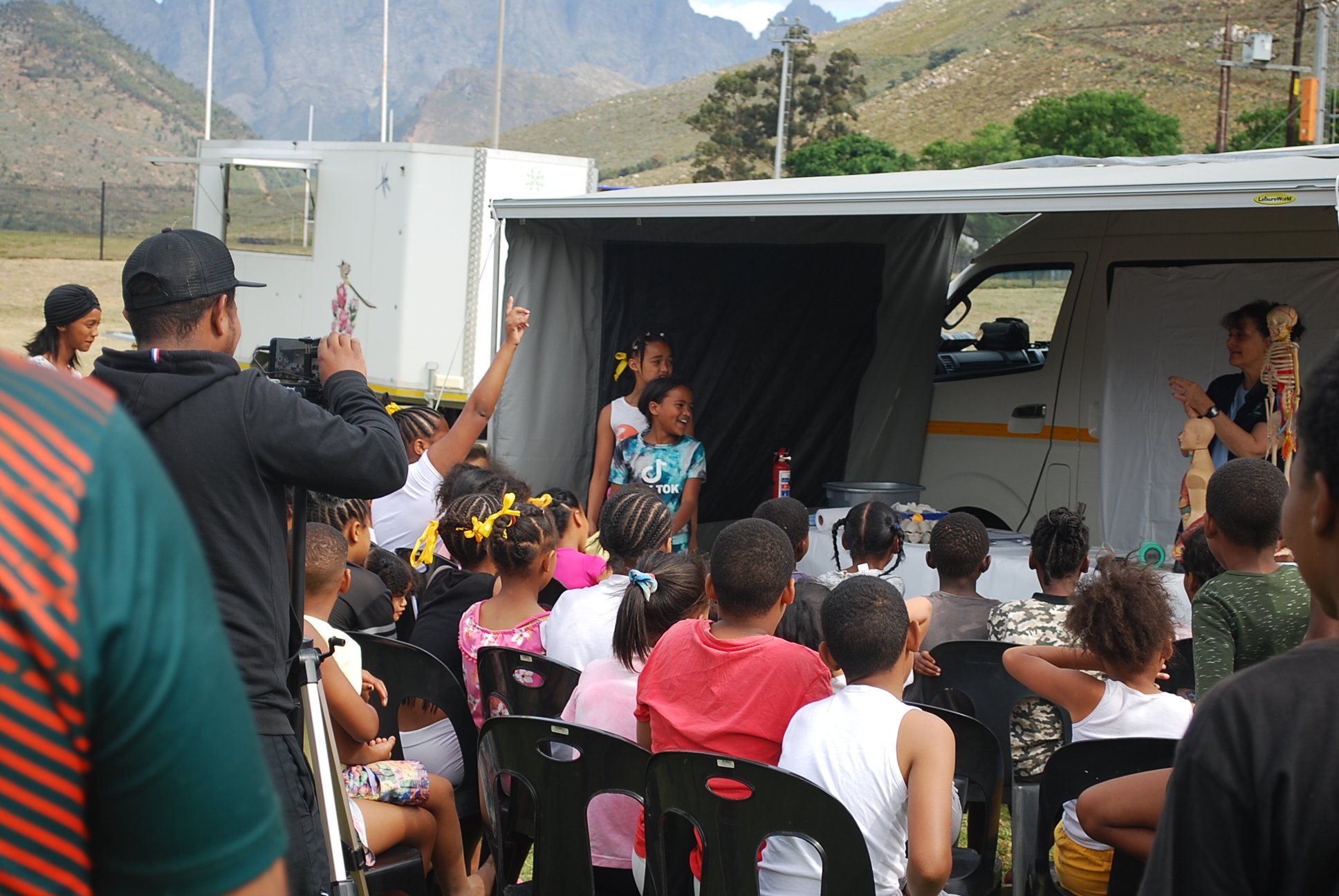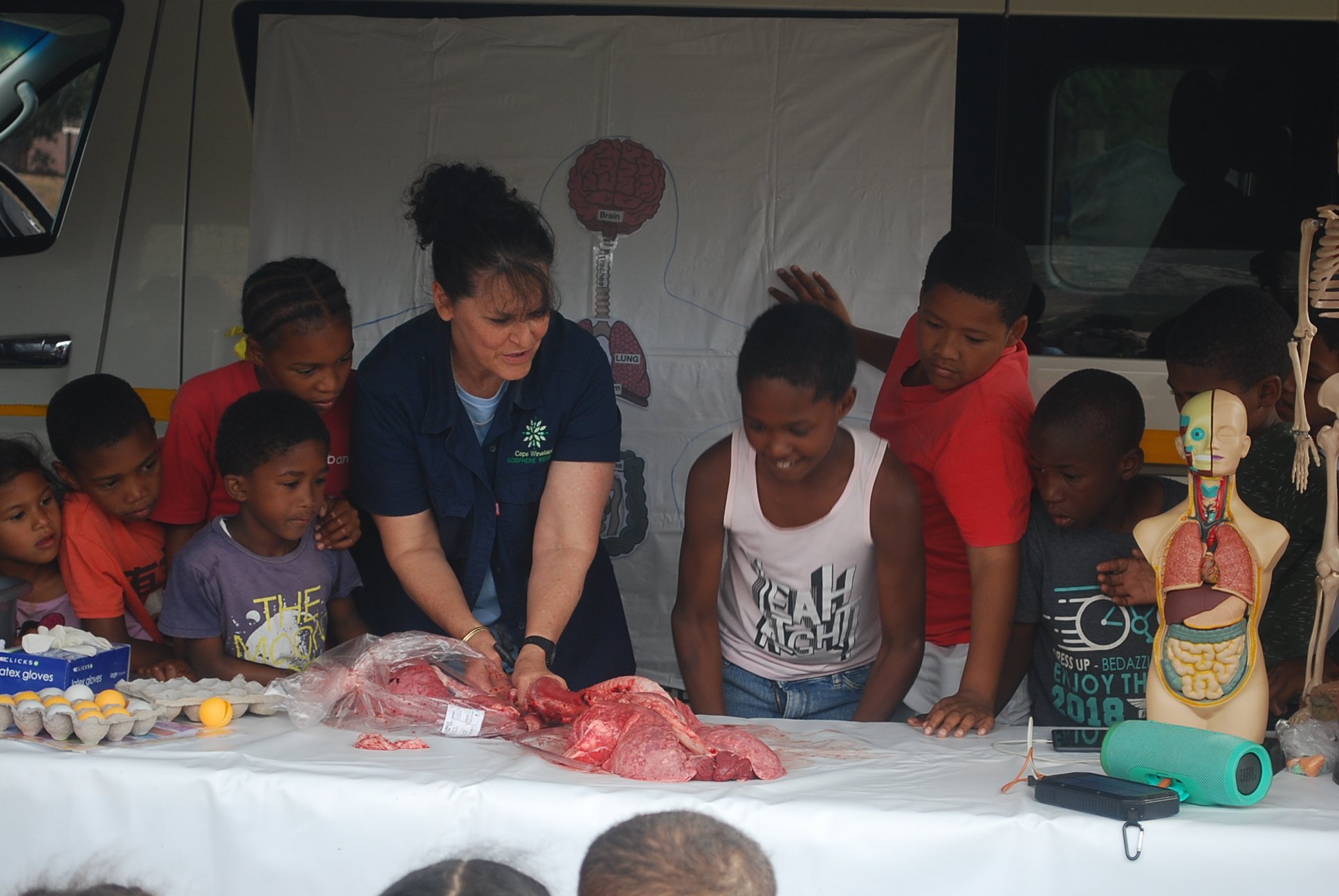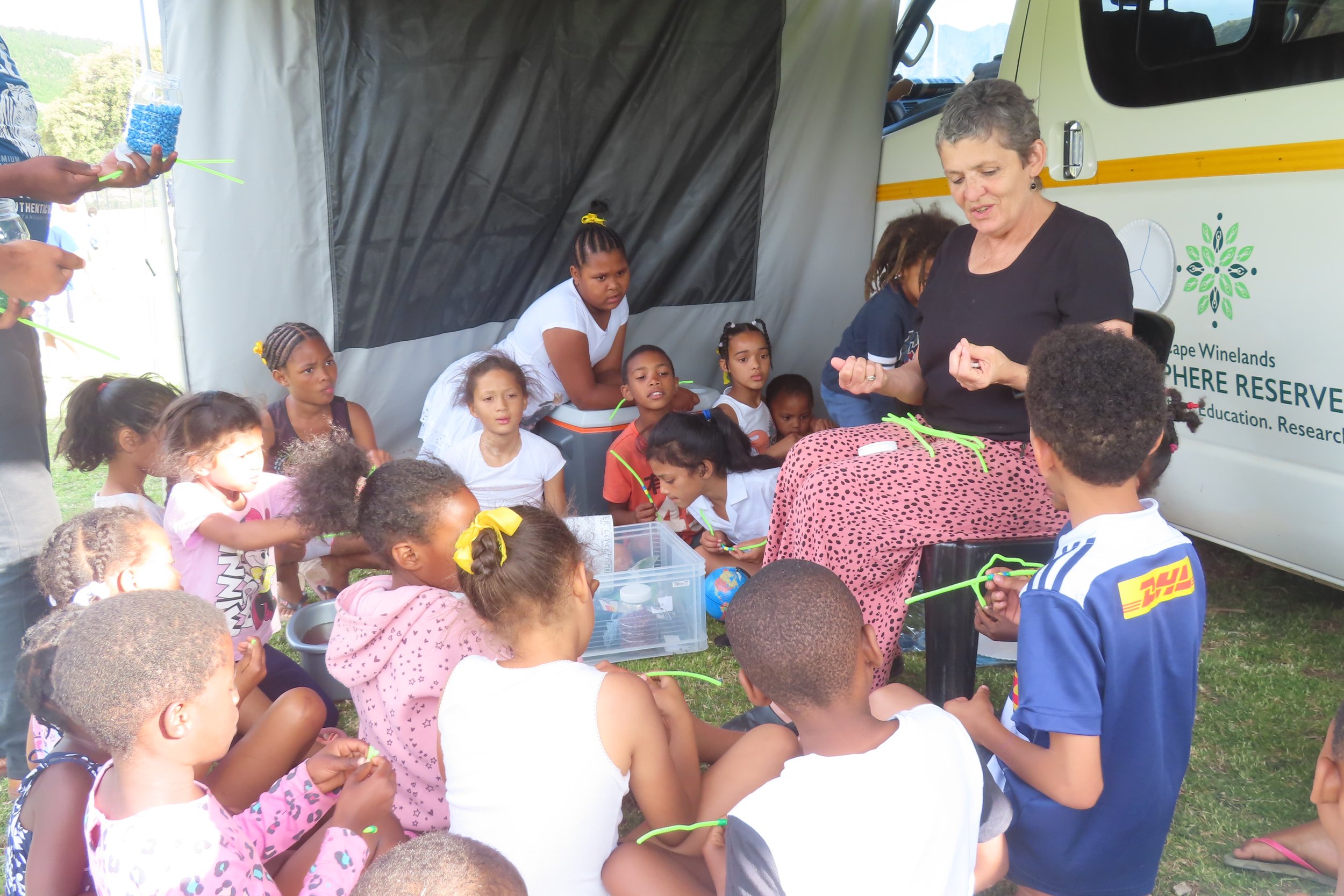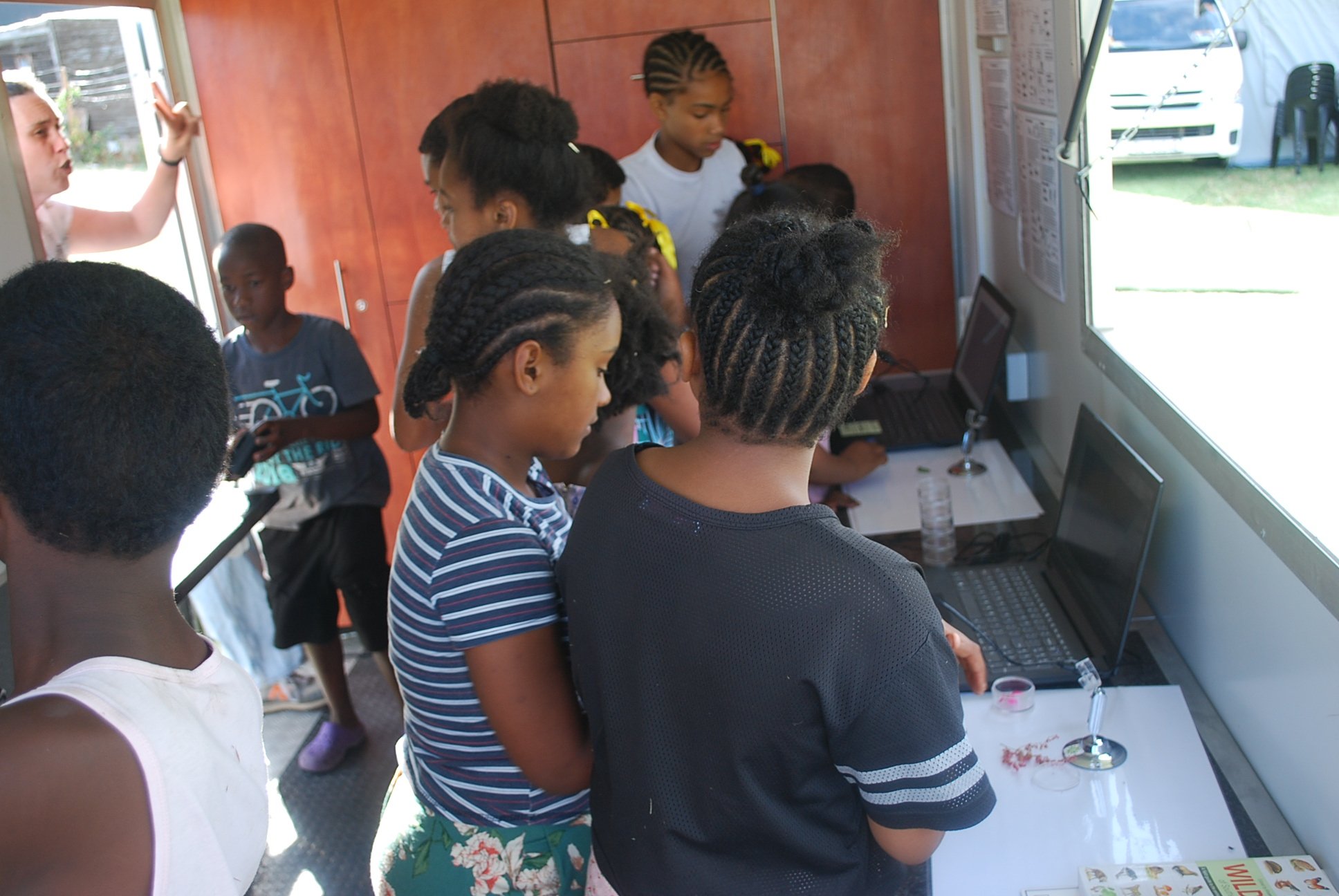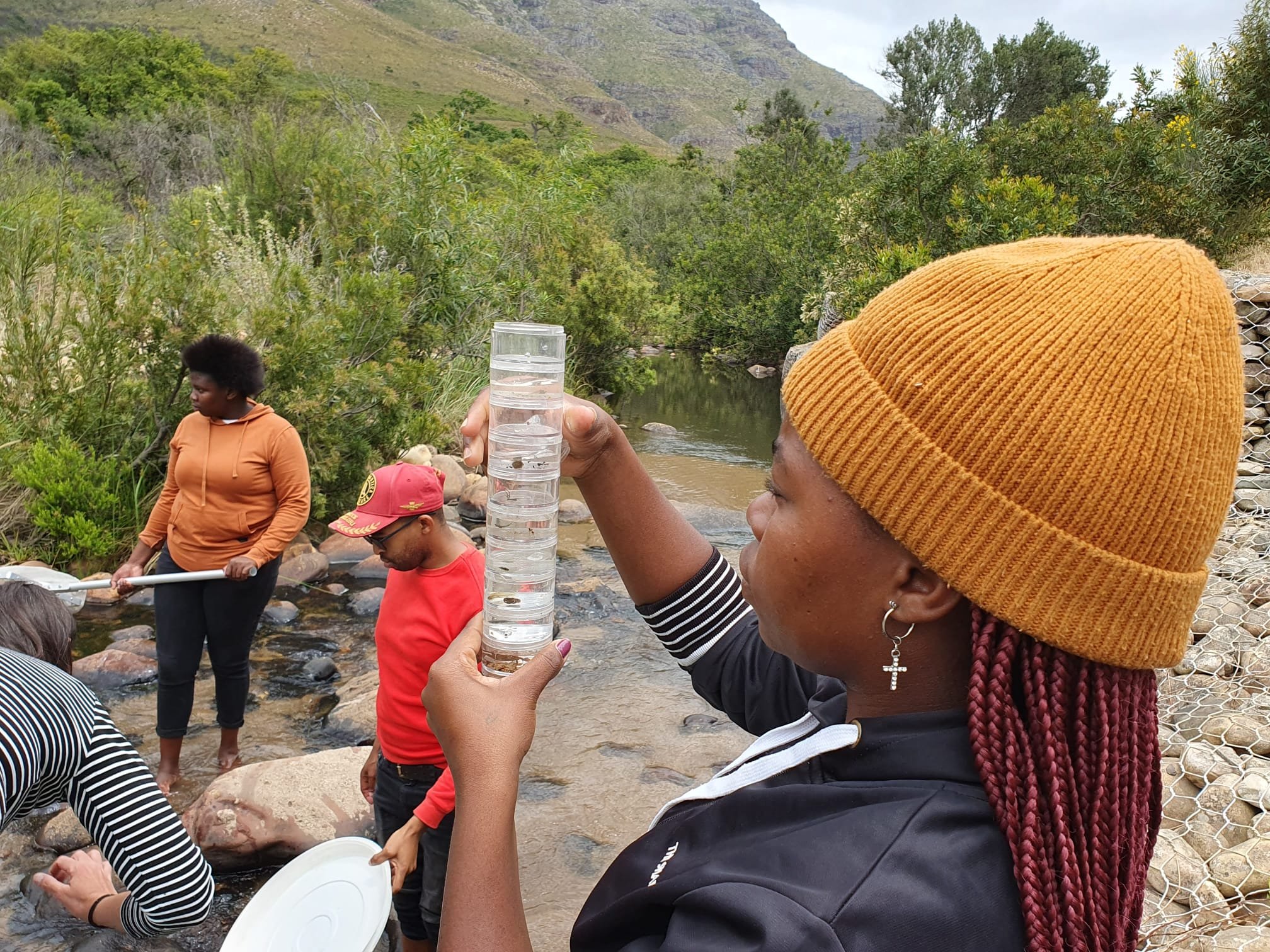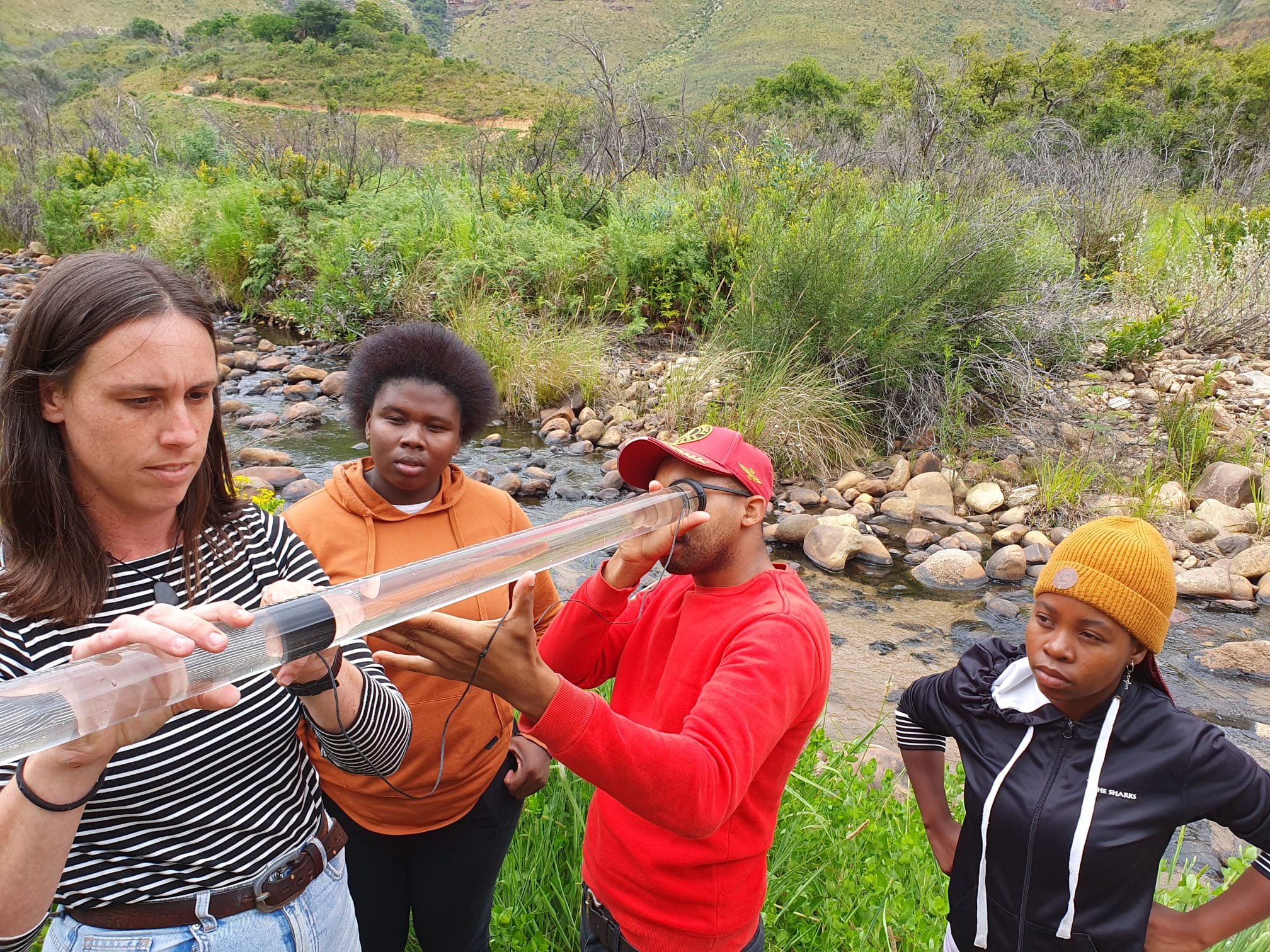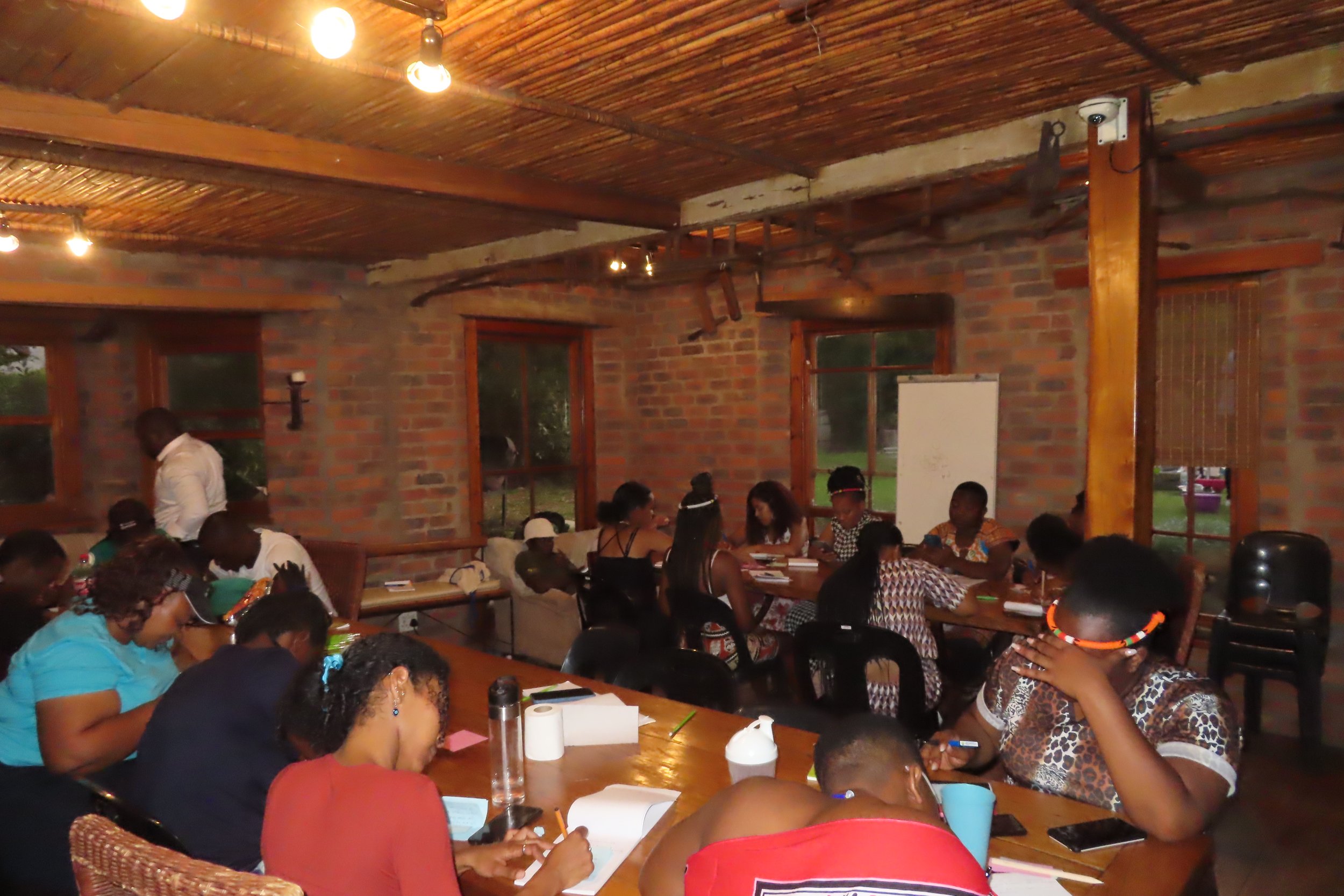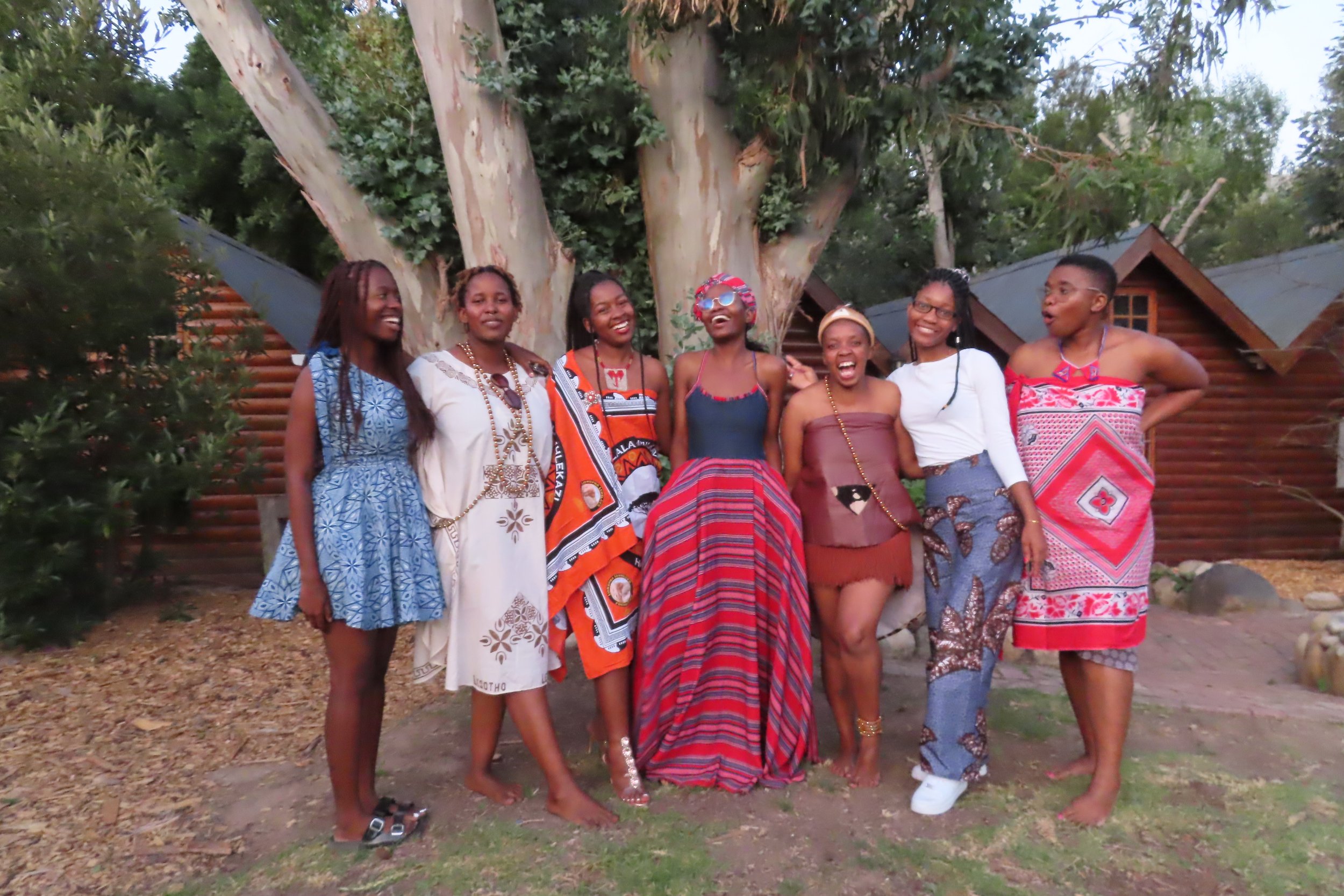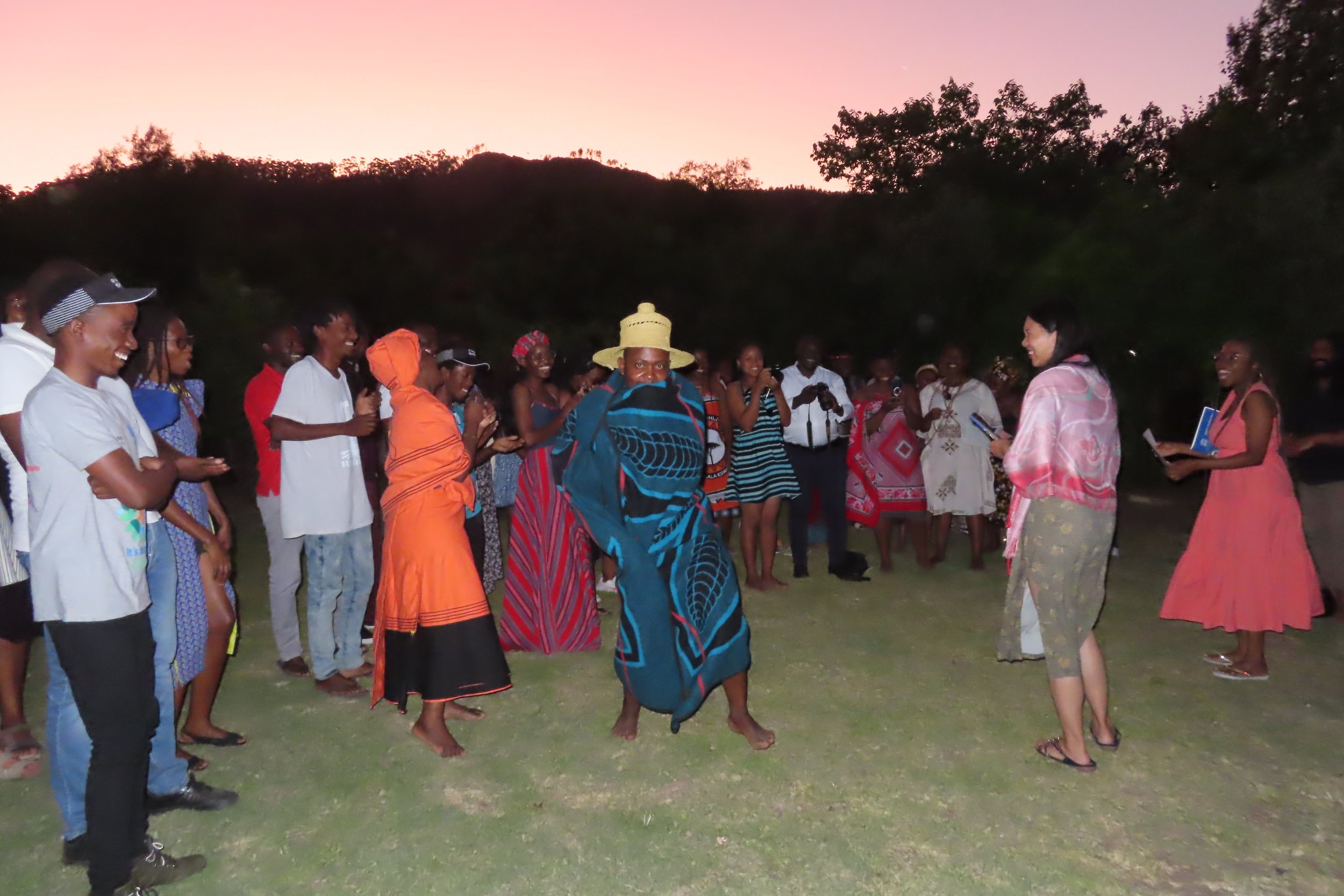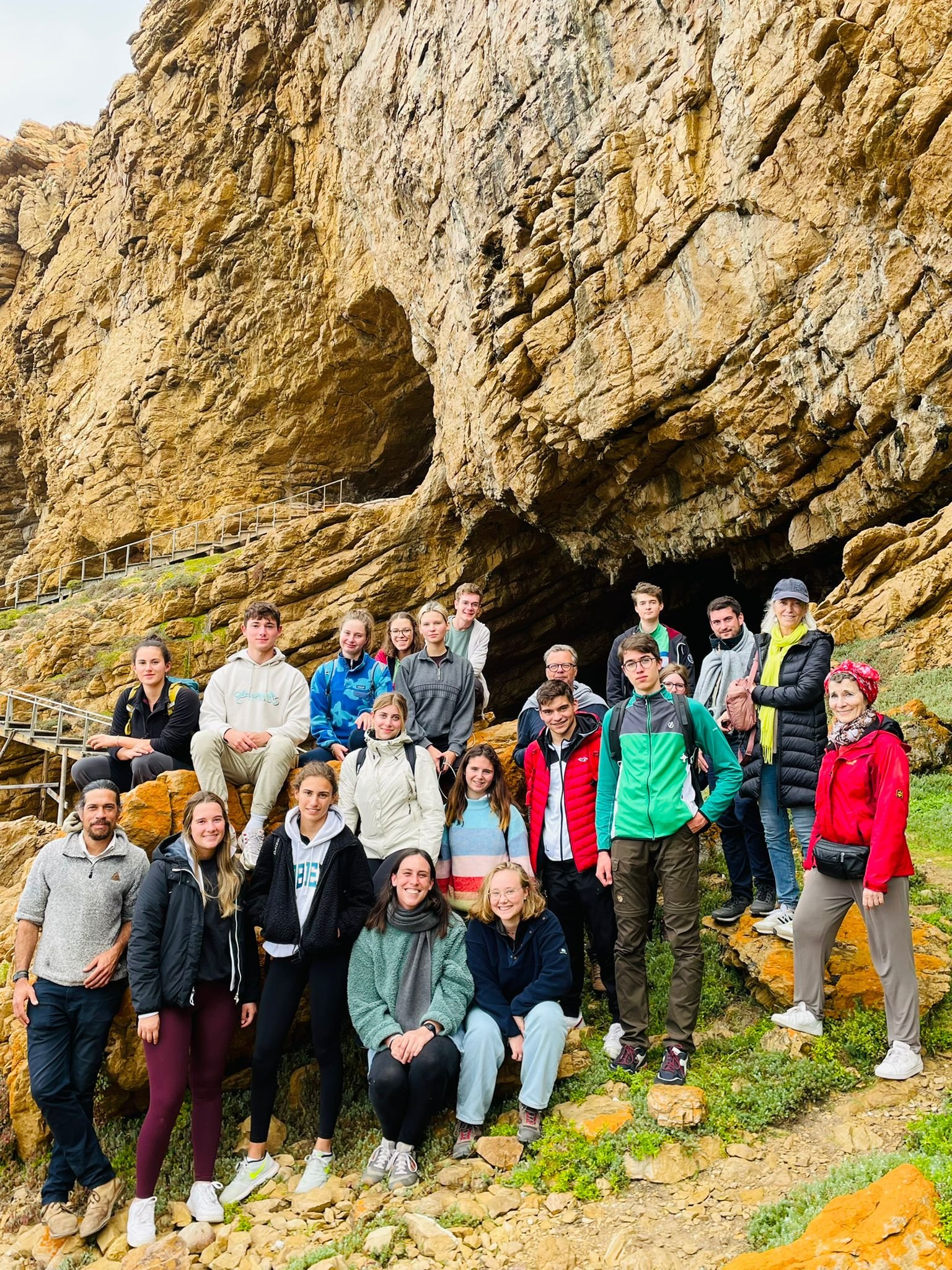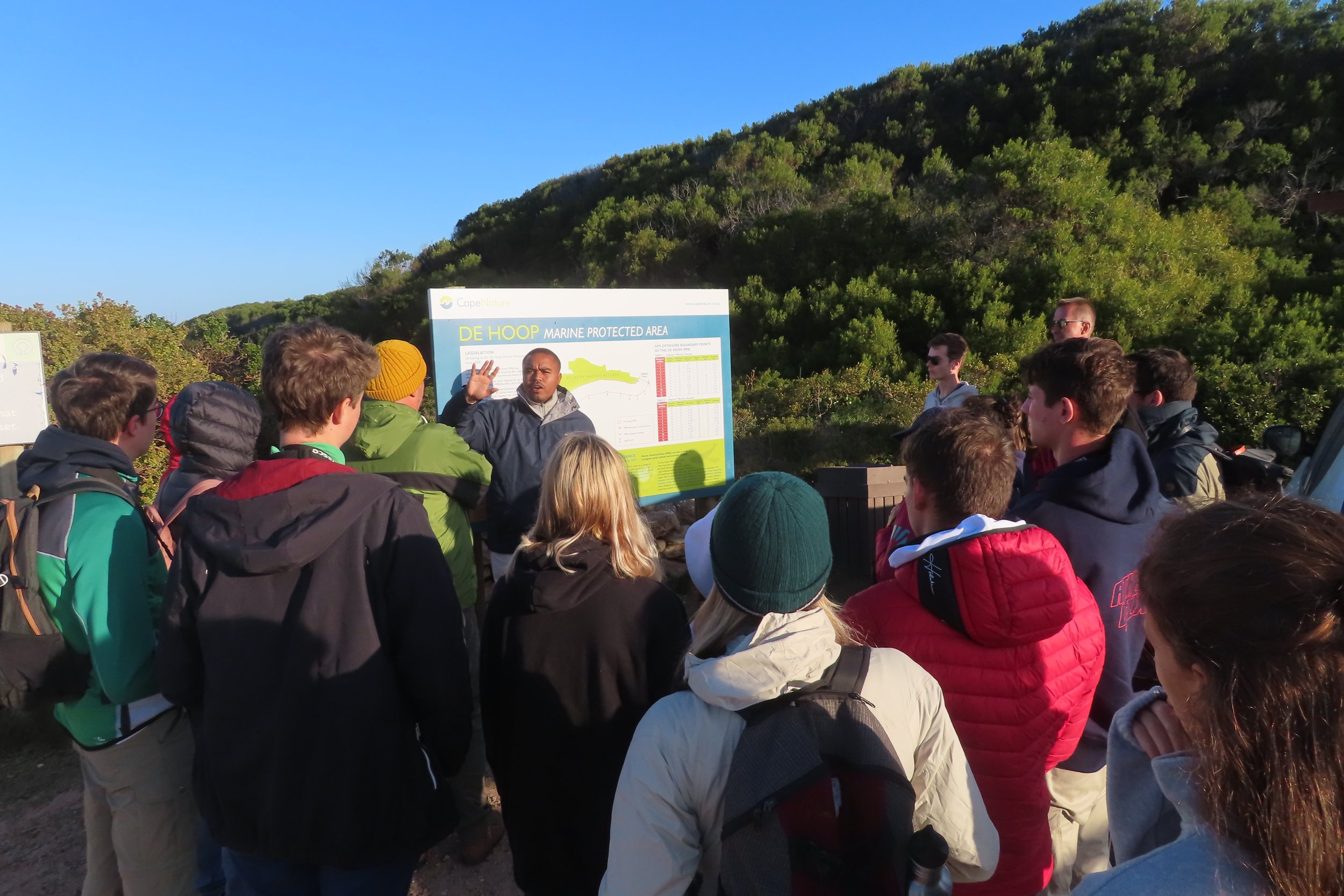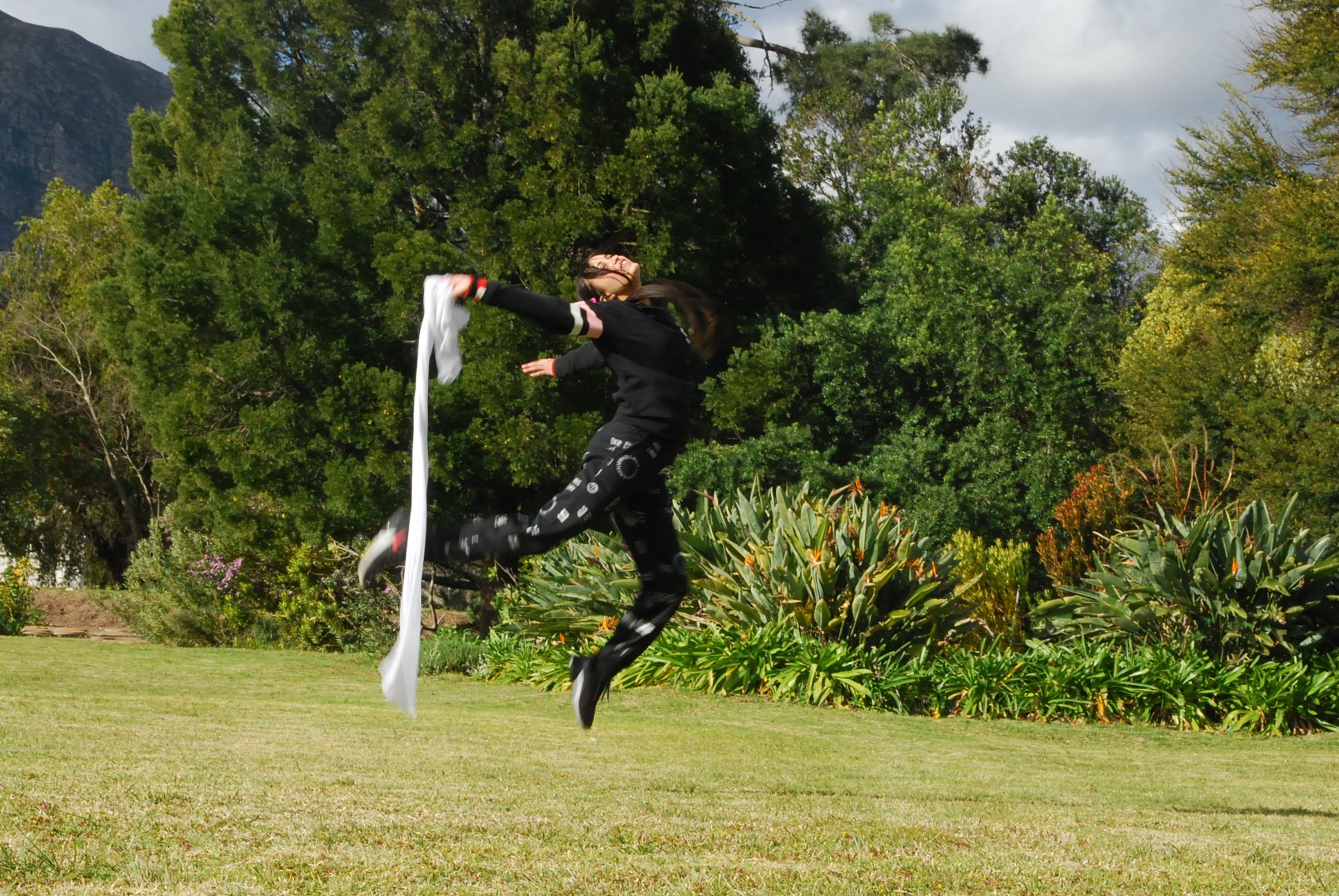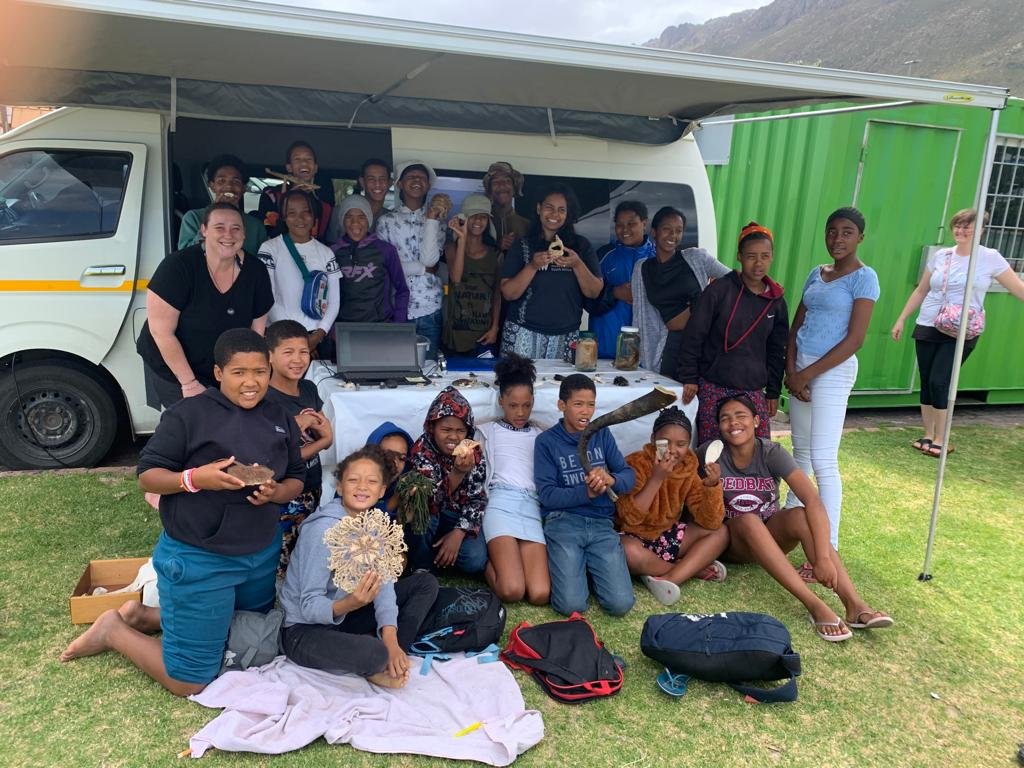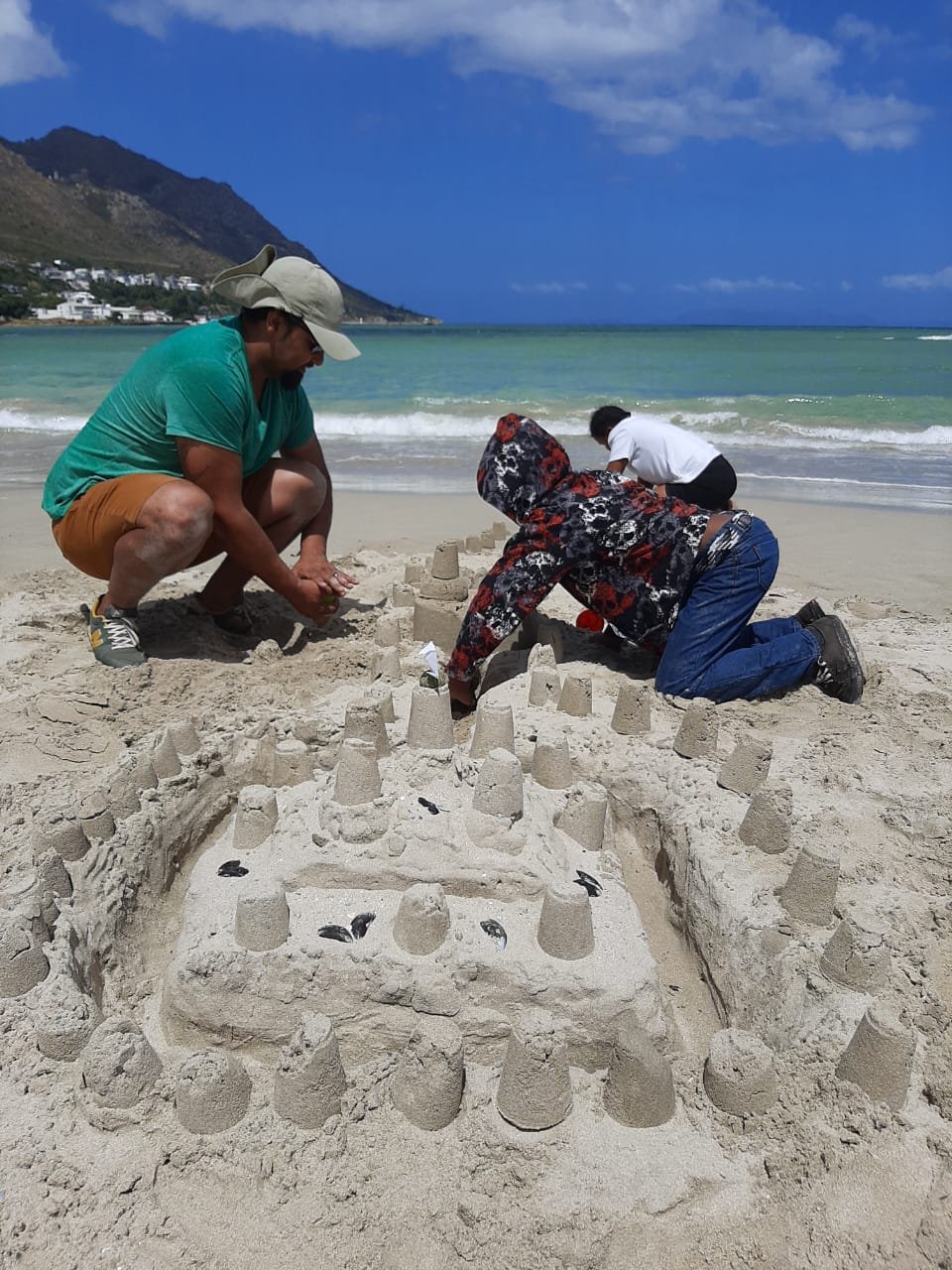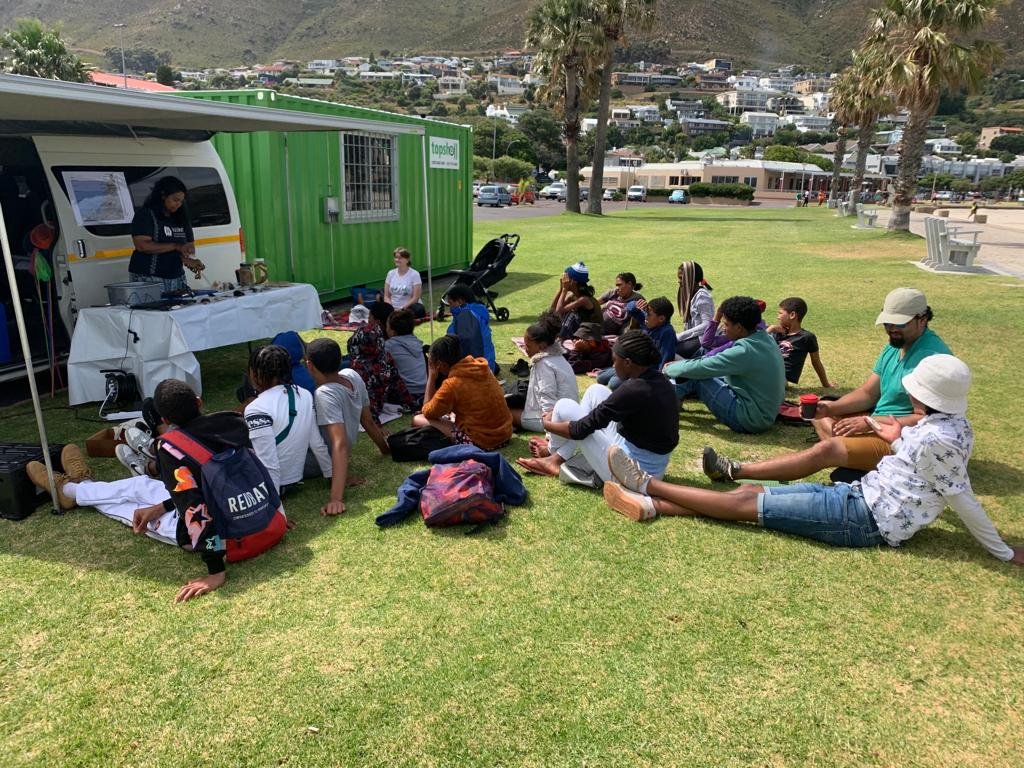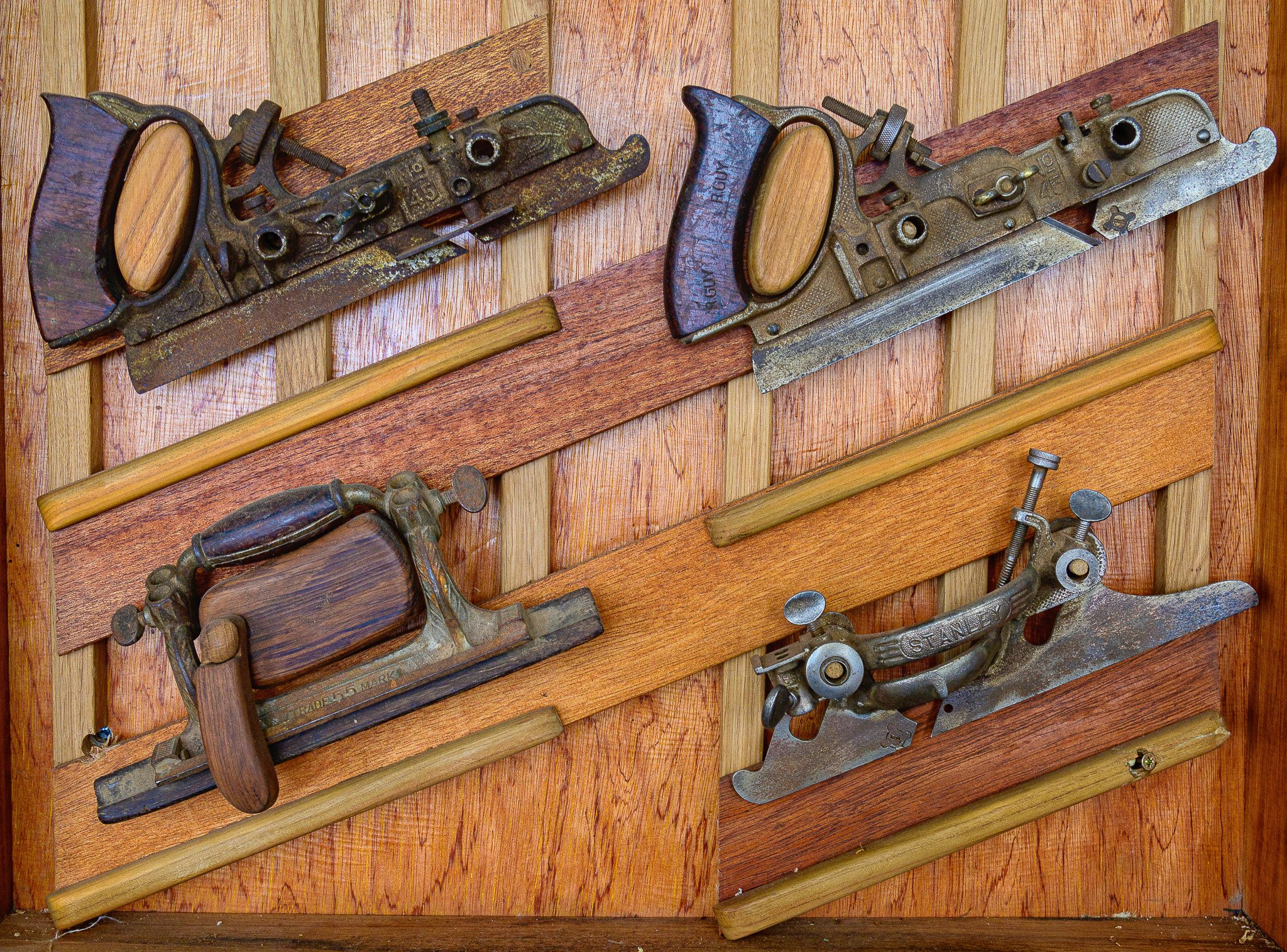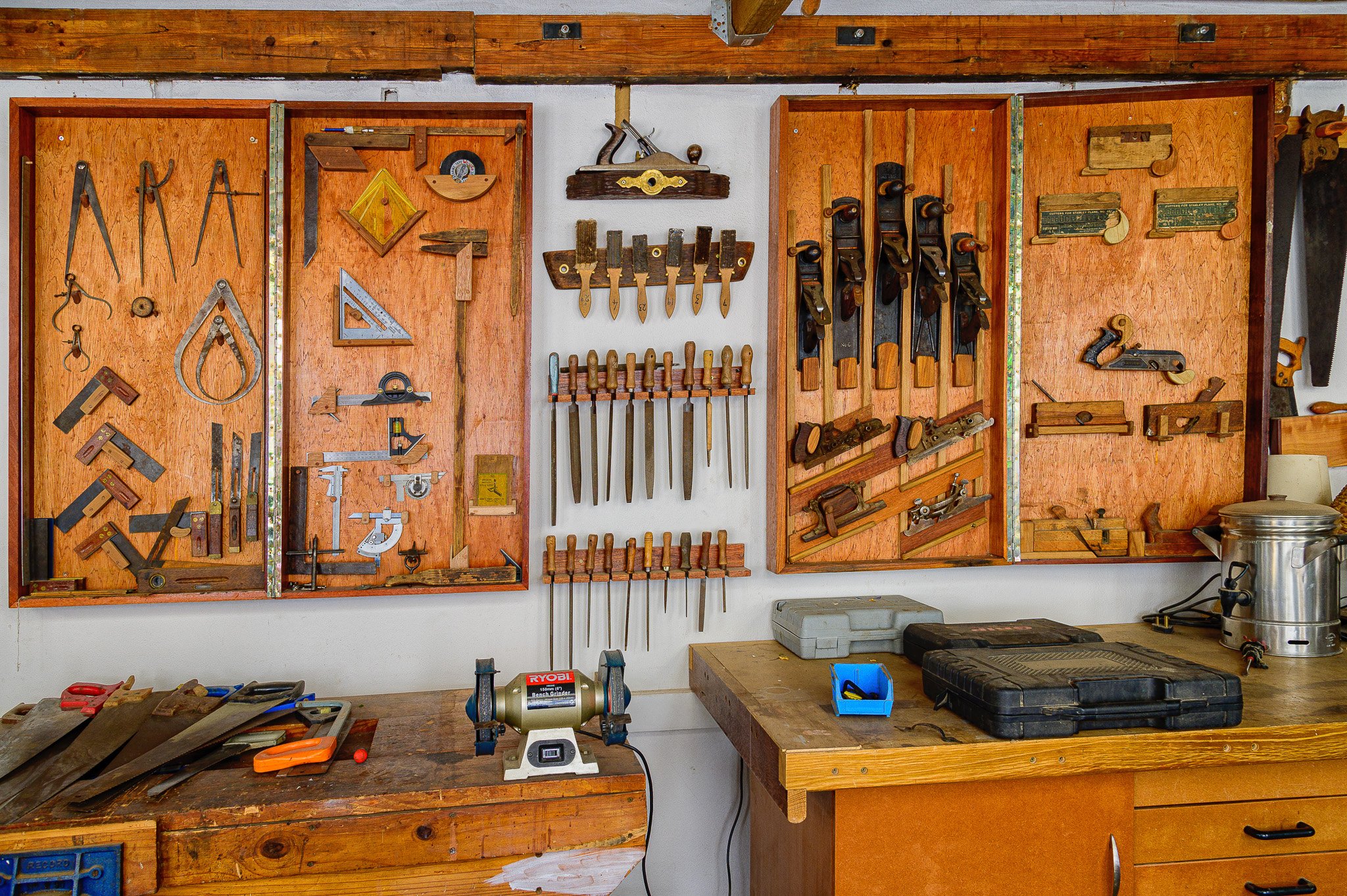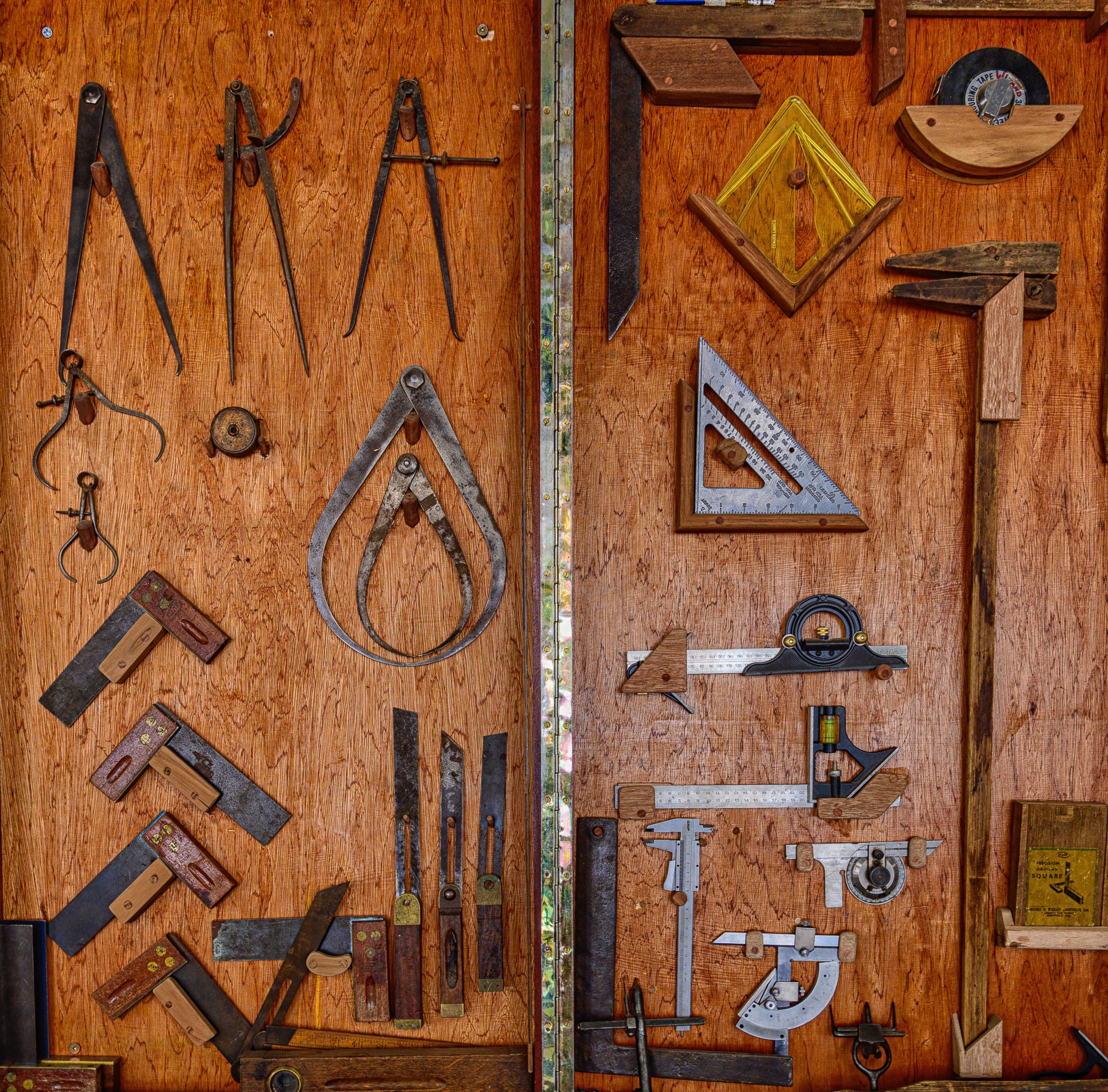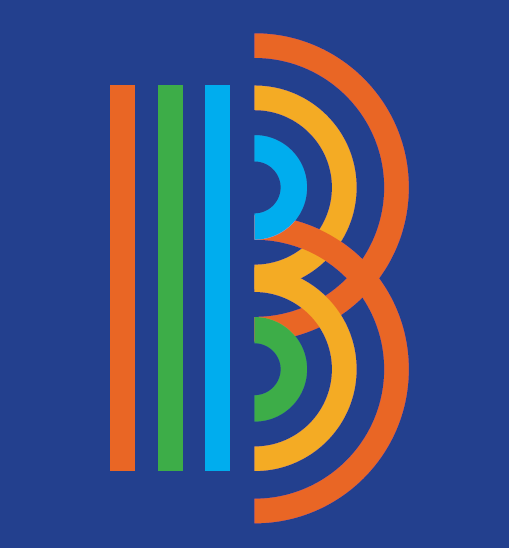In the heart of Kommetjie, Cape Town, the Freshwater Research Centre (FRC) became our classroom for an in-depth training course in Aquatic Biomonitoring using the South African Scoring System Version 5 (SASS5). Alongside fellow participants from all corners of the country and a dedicated Citizen Scientist, Sinazo Fatyi, we delved into a structured program that explained the complexities of assessing river health.
The Importance of Biomonitoring |
The training kicked off with an introduction to the fundamentals of biomonitoring. We learned why bioassessment is crucial, distinguishing it from traditional physico-chemical monitoring methods and offering a more nuanced understanding of ecosystem health. Through discussions, we grasped the significance of macroinvertebrates as indicators of ecosystem health, interpreting the subtle cues they provide about the condition of our rivers.
Getting to Know the Critters |
A significant part of the training was dedicated to taxonomic identification of freshwater aquatic invertebrates. From sponges to caddisflies, we familiarized ourselves with the major taxonomic groups inhabiting freshwater environments. Hands-on activities and sessions provided us with the necessary skills to confidently identify these creatures in the field.
Cracking the SASS5 Code |
At the core of our training was a deep dive into the South African Scoring System Version 5 (SASS5). We learned the ins and outs of the scoring system, including sampling protocols and practical applications. Video demonstrations provided a visual guide, preparing us for the field. One pivotal aspect of our training was discovering how to submit our collected data to the Freshwater Biodiversity Information System (FBIS). The FBIS serves as a centralized repository where researchers, policymakers, and the general public can access and analyze data related to freshwater biodiversity.
Field Experience in Silvermine Nature Reserve |
We ventured into the field at Silvermine Nature Reserve, where we put theory into practice. Under the guidance of experienced instructors, we practiced SASS5 protocols and identified macroinvertebrates. Sampling at various sites within the reserve allowed us to gain practical experience in site selection and sampling techniques.
Real-world Application in Eerste River |
A highlight of the training was a field trip to Eerste River, Stellenbosch, where we put our skills to the test in a real-world environment. Conducting individual sampling and processing samples on-site, we gained firsthand experience in applying SASS to assess river health. The field trip underscored the importance of data-driven monitoring efforts in environmental conservation.
Empowering Citizen Scientists |
Throughout the training, the importance of citizen science in environmental stewardship was emphasized. Sinazo Fatyi's reflection on her experience as a Citizen Scientist resonated with participants, highlighting the transformative impact of community engagement in conservation efforts.
“I am grateful for the opportunities that have been provided and the trust that is shown in my abilities, which allowed me to grow more interested in this field of work. I am honoured to be part of the team and looking to further learning and contributing to the success of the organization. I really appreciate the chance I've been given and grateful to the whole team for believing in my potential.” – Sinazo
Looking towards the future |
As the training drew to a close, we reflected on the path ahead. Armed with newfound knowledge and skills, we are prepared to integrate SASS5 into our river monitoring initiatives and projects within the Cape Winelands Biosphere Reserve. Through collaboration and continued learning and practicing, we aim to enhance our understanding of freshwater ecosystems and contribute to their long-term conservation.
In conclusion, our training with the FRC was a comprehensive and enriching experience that deepened our appreciation for the complexity of aquatic ecosystems. As we embark on our respective conservation journeys, we carry with us the lessons learned and a renewed commitment to protecting our precious water resources for future generations.
The SASS5 participants alongside lecturer and field instructor Dr Helen Dallas











